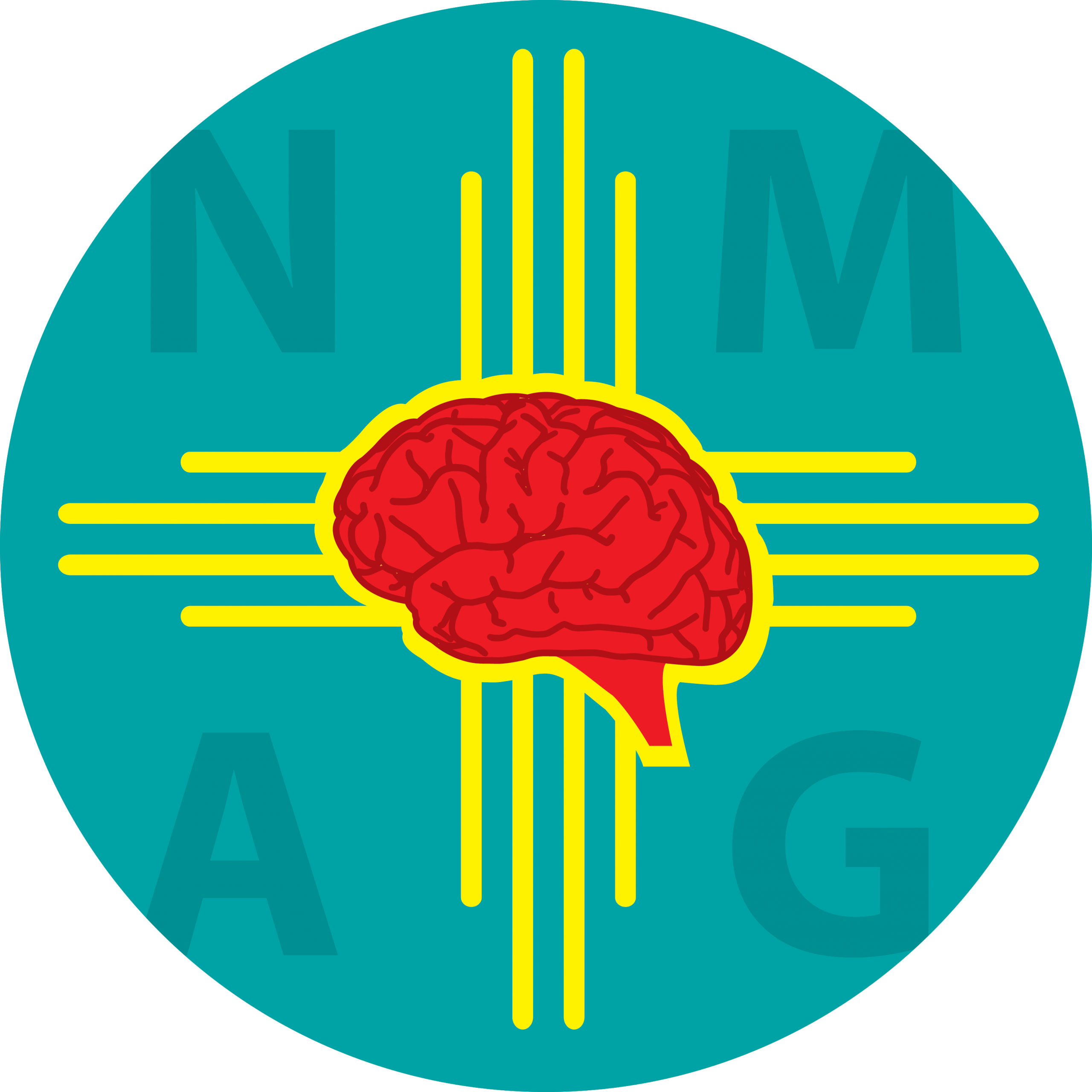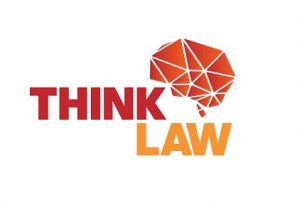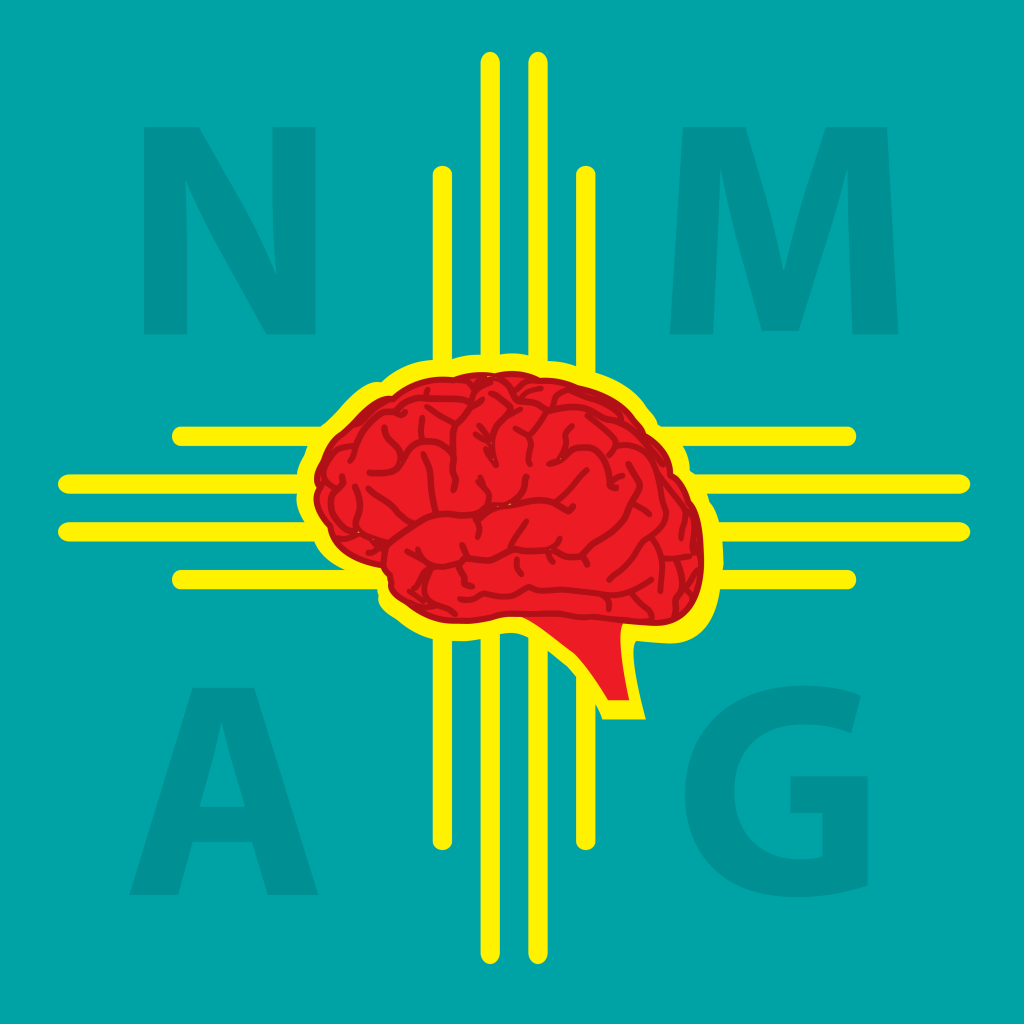Playing Games Develops Social Skills for Students
It is often said that life is not a game, but a new program funded by the Copperas Cove Education Foundation teaches students lifelong skills through gaming.
How does a teacher’s race affect which students get to be identified as ‘gifted’?
Black students are more likely to be identified as “gifted” when they attend schools with higher proportions of black teachers, according to a new study, and Latino students are more likely to be called gifted when they go to schools with more Latino teachers.
The study doesn’t get at why there is such a correlation, but it adds another layer to a long-simmering debate about why black and Latino children are less likely to be called “gifted” than their white and Asian peers.
Skip A Grade? Start Kindergarten Early? It’s Not So Easy
There may be benefits to allowing advanced students to enter kindergarten early, to skip a grade or take a course above their grade level, according to two recent reports. However, 20 states have policies that prohibit early enrollment in kindergarten, one study found.
IDEA Applies To ‘Twice Exceptional’ Students, Too
The U.S. Department of Education recently sent a reminder memorandum to states saying districts must provide services to “twice exceptional” students under the Individuals with Disabilities Education Act. Federal officials say they have received complaints that some districts are reluctant to evaluate students with intellectual gifts, who also have emotional or mental-health issues.
TAG program pushes county students to reach next level
A Virginia school district meets the needs of its students in gifted education through various enrichment and in-classroom supports. Elementary students work with gifted-education specialists during the school’s intervention period, and specialists work with middle- and high-school teachers to enhance their regular classroom lessons.
N.J. district revives gifted-education program
A New Jersey school district has re-established its gifted and talented education program with the launch of a middle-school program. Students have been engaged in hands-on learning projects such as engineering a bridge and writing a book.
How poverty can affect gifted education
Educators and researchers are reviewing testing profiles and programs to better meet the unique needs of students with intellectual gifts who also live in poverty. This article highlights some of the challenges and programs aimed at serving such students.






Recent Comments